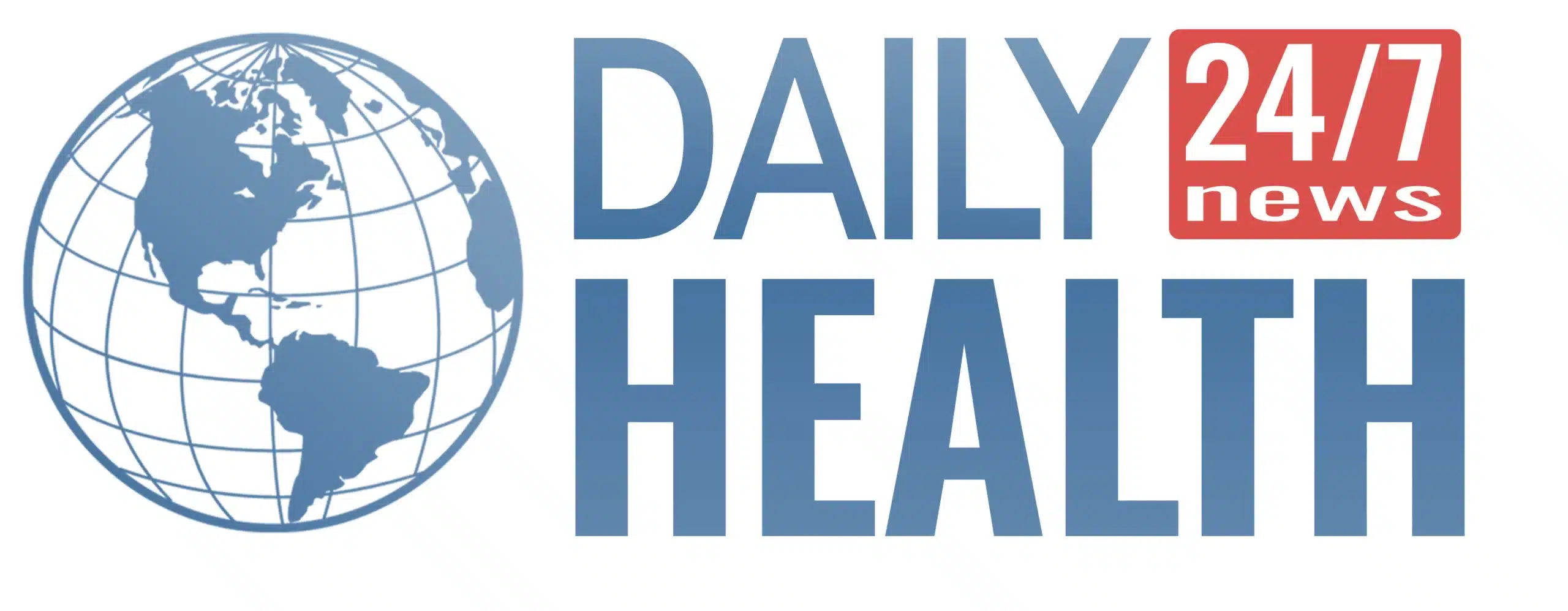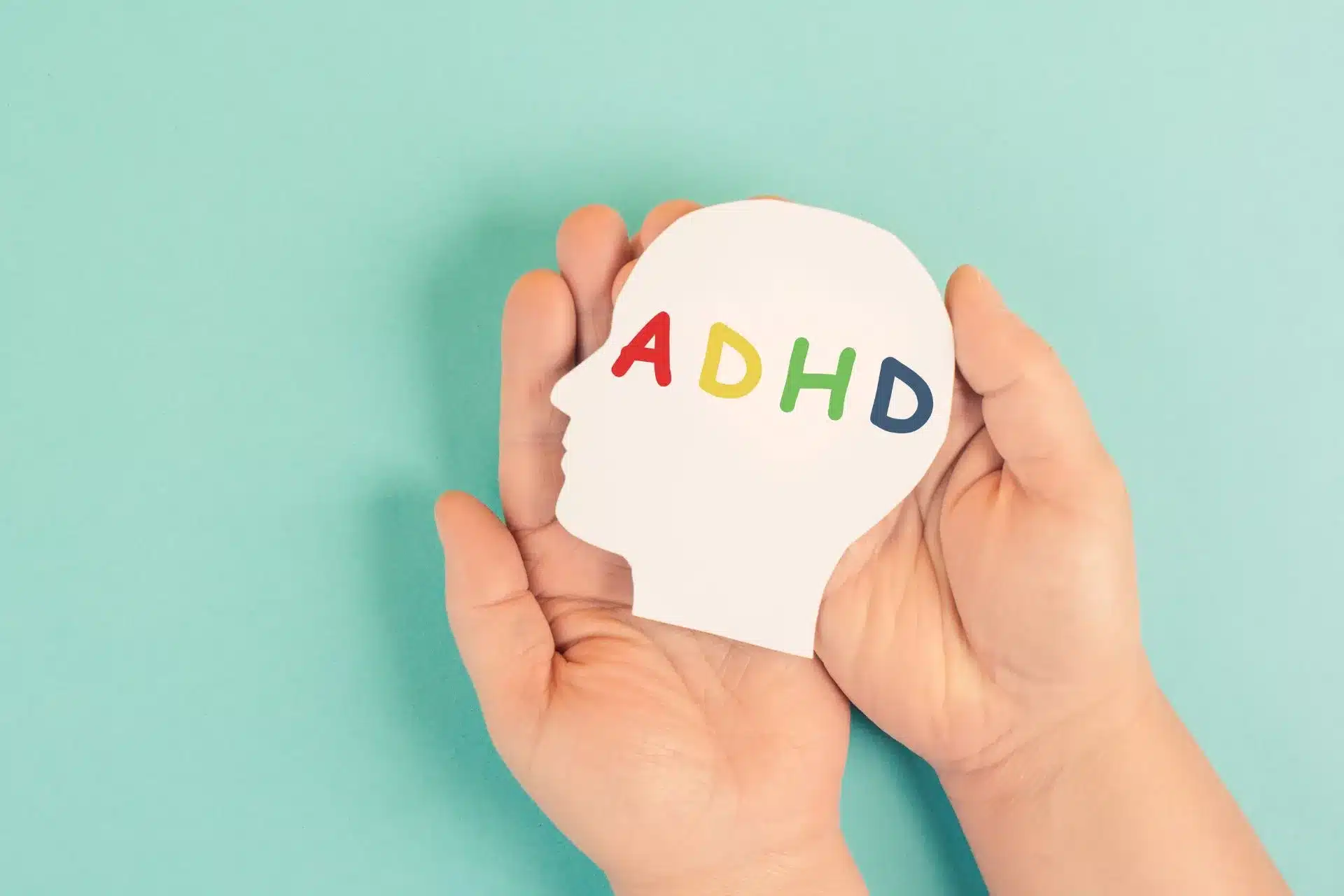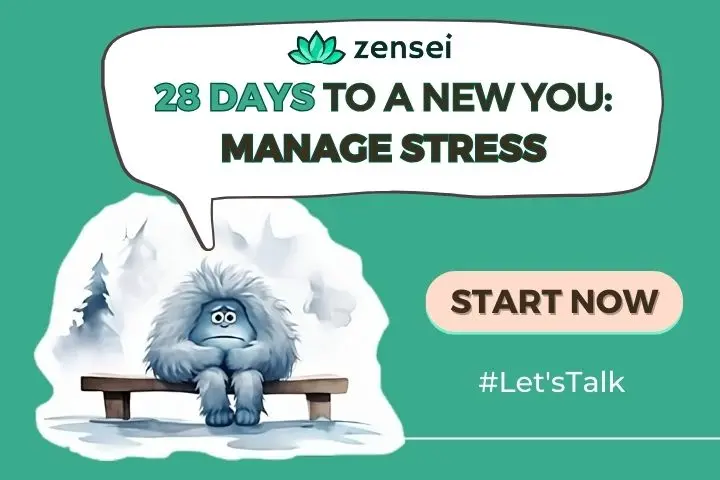Attention Deficit Hyperactivity Disorder (ADHD) is commonly perceived as a childhood condition, but its impact extends far into adulthood, affecting millions globally. Adult ADHD is often shrouded in misconceptions, leading to underdiagnosis and misrepresentation. This article, “ADHD in Adults: Debunking Myths and Exploring Realities,” aims to shed light on the true nature of ADHD in adults. We will delve into how ADHD manifests in adulthood, distinct from its presentation in children, and explore the complexities surrounding this neurodevelopmental disorder. By debunking common myths and highlighting the unique challenges and coping mechanisms, we aim to provide a clearer, more compassionate understanding of adult ADHD. Through this exploration, we also hope to empower those affected with the knowledge and resources necessary for managing their condition effectively. Join us as we navigate the often misunderstood world of adult ADHD, breaking down barriers of stigma and bringing forth the realities faced by many.
Introduction to Adult ADHD
Adult Attention Deficit Hyperactivity Disorder (ADHD) is a neurological condition that is often misunderstood and overlooked. Unlike the hyperactive presentation commonly seen in children, ADHD in adults can manifest differently, making it harder to recognize and diagnose.
1. Symptom Variation in Adults: Adult ADHD symptoms can be more subtle than those in children. They often include difficulties with focus, organization, time management, and emotional regulation. Adults with ADHD might struggle with maintaining attention during conversations, managing responsibilities at work and home, or feeling restless and perpetually ‘on edge.’
2. Late Diagnosis and Misconceptions: Many adults with ADHD go undiagnosed until later in life. This delay can be attributed to a lack of awareness and understanding of how ADHD presents in adults. As a result, their symptoms are often mistaken for personal flaws or other mental health issues, leading to inappropriate treatments.
3. Impact on Daily Life: ADHD can significantly impact various aspects of an adult’s life, from professional achievements to personal relationships. Adults with ADHD may find it challenging to stick to routines, meet deadlines, or manage their time effectively. This often leads to feelings of frustration, underachievement, and low self-esteem.
4. Overlap with Other Conditions: Adult ADHD frequently coexists with other mental health conditions like anxiety, depression, or bipolar disorder. This overlap can complicate diagnosis and treatment, making it crucial for healthcare professionals to consider a holistic view of the individual’s mental health.
Understanding ADHD in adults is the first step toward effective management. Recognizing the signs and seeking professional help can lead to better-coping strategies, improved functionality, and a higher quality of life.

Debunking Common Myths
The understanding of Adult ADHD is often clouded by myths and misconceptions, leading to stigma and misdiagnosis. It’s crucial to debunk these myths to foster a better understanding and support for individuals with ADHD.
1. Myth: ADHD Is Just a Lack of Willpower: One of the most prevalent myths is that ADHD is simply a result of laziness or a lack of willpower. However, ADHD is a neurodevelopmental disorder, not a character flaw. People with ADHD often struggle with executive functions, which include planning, organization, and impulse control, due to differences in brain structure and function.
2. Myth: Only Children Have ADHD: ADHD is frequently associated with children, leading to the misconception that adults cannot have it. The reality is that ADHD can persist into adulthood, and sometimes it’s not diagnosed until then. Adult ADHD may present differently, which is why it’s often overlooked.
3. Myth: ADHD Is Overdiagnosed: While ADHD awareness has increased, leading to more diagnoses, it doesn’t mean the condition is overdiagnosed. In many cases, especially among women and older adults, ADHD is underdiagnosed or misdiagnosed as anxiety or depression.
4. Myth: ADHD Medication Is Overprescribed and Harmful: Medications, like stimulants, are a common and effective treatment for ADHD. The myth that these medications are always harmful or overprescribed overshadows their benefits. When used under medical supervision, they can significantly improve symptoms and quality of life.
5. Myth: ADHD Means Being Hyperactive and Unfocused: ADHD symptoms vary widely. While hyperactivity and inattention are common, they are not the only symptoms. Many adults with ADHD may not be overtly hyperactive but might struggle with inattention, impulsiveness, and emotional dysregulation.
By dispelling these myths, we can move towards a more accurate and compassionate understanding of ADHD in adults, leading to better support and treatment options.
Challenges and Coping Mechanisms
Living with ADHD as an adult comes with unique challenges, but understanding these obstacles and adopting effective coping mechanisms can significantly improve daily functioning and overall quality of life.
1. Difficulty with Time Management: Adults with ADHD often struggle with time perception and management. Strategies like using timers, setting alarms, and breaking tasks into smaller steps can be helpful. Digital tools like calendar apps and reminder systems can also aid in keeping track of appointments and deadlines.
2. Managing Distractions and Maintaining Focus: Distractions can be a significant hurdle. Creating a clutter-free workspace, using noise-cancelling headphones, and limiting multitasking can improve concentration. Techniques such as the Pomodoro method, which involves working in focused bursts, can also be beneficial.
3. Emotional Regulation Challenges: ADHD can affect emotional control, leading to mood swings, frustration, and impatience. Mindfulness and stress-reduction techniques, such as meditation and deep breathing exercises, can be effective in managing these emotional responses.
4. Organizational Difficulties: Disorganization is a common issue. Utilizing organizational tools like planners, lists, and apps designed for task management can help in maintaining order and routine. Establishing a consistent daily routine can also reduce the feeling of being overwhelmed.
5. Navigating Social Interactions: Social skills may be affected by impulsivity or inattention. Building awareness of social cues, practicing active listening, and seeking feedback from trusted friends or family members can improve social interactions.
Addressing these challenges requires patience and persistence. With the right strategies and support, individuals with ADHD can navigate these challenges effectively and lead fulfilling lives.

The Role of Professional Help
Seeking professional help is a crucial step in effectively managing ADHD in adults. Professional guidance can provide an accurate diagnosis, personalized treatment plans, and ongoing support, which are essential for navigating the complexities of ADHD.
1. Accurate Diagnosis: A thorough assessment by a mental health professional is vital for an accurate diagnosis. ADHD often co-occurs with other conditions, and professionals can differentiate ADHD from similar disorders like anxiety or depression, ensuring appropriate treatment.
2. Personalized Treatment Plans: Treatment for ADHD is not one-size-fits-all. Professionals can tailor treatment plans to individual needs, which may include medication, therapy, or a combination of both. Medications, particularly stimulants, are often effective in managing ADHD symptoms, while therapies like Cognitive Behavioral Therapy (CBT) can help in developing coping strategies.
3. Ongoing Support and Monitoring: Regular check-ins with a healthcare provider can help in monitoring the effectiveness of treatment, making adjustments as necessary. Professionals can also provide support in addressing any new challenges that arise over time.
4. Educational Resources and Skill Development: Mental health professionals can offer valuable educational resources about ADHD. They can also assist in developing skills such as time management, organization, and emotional regulation, which are crucial for daily functioning.
5. Support Groups and Peer Connections: Many professionals can refer individuals to support groups or networks, where they can connect with others who have ADHD. These groups offer a platform for sharing experiences and strategies, reducing the feeling of isolation.
The involvement of mental health professionals is fundamental in empowering adults with ADHD to understand their condition better and lead more structured and fulfilling lives.
Having a Mental Health Plan is a path to achieving lasting emotional well-being. Integrating a comprehensive strategy is a good way to enhance many aspects of life, like mental health, cope with stress, and embrace a more fulfilling and joyful life of positivity and inner strength.
Personal Stories of Success and Struggle
Personal narratives provide powerful insights into the realities of living with adult ADHD. These stories of success and struggle help demystify the condition, offering hope and understanding to others on a similar journey.
1. Overcoming Workplace Challenges: Michael, a marketing executive, shares his journey of struggling with deadlines and multitasking at work. Through a combination of medication, time-management techniques, and mindfulness practices, he has improved his productivity and reduced stress, achieving significant career milestones.
2. Transforming Relationships: Sarah, an artist, describes how impulsivity and mood swings affected her relationships. Engaging in therapy and joining a support group for ADHD helped her develop better communication skills and emotional regulation, leading to healthier and more fulfilling relationships.
3. Navigating Academic Success: Alex, a graduate student, talks about the challenges of maintaining focus and organization in academia. With a combination of academic accommodations, ADHD coaching, and peer support, Alex successfully completed his studies, demonstrating that ADHD does not limit one’s academic potential.
4. Embracing Self-Acceptance: Linda, a freelance writer, highlights the journey of self-acceptance after her late diagnosis of ADHD. By understanding her condition and advocating for herself, she has found strategies that work for her, leading to a more balanced and satisfying life.
5. Advocating for Awareness: John, an IT professional, emphasizes the importance of raising awareness about adult ADHD. He actively participates in community outreach programs, sharing his experiences to combat stigma and encourage others to seek help.
These personal stories underscore the diverse experiences of adults with ADHD and the importance of personalized approaches in managing the condition. They offer a message of resilience and hope, showing that with the right support and strategies, individuals with ADHD can lead successful and fulfilling lives.
Conclusion
The journey through understanding ADHD in adults is fraught with misconceptions, challenges, and triumphs. Our exploration in “ADHD in Adults: Debunking Myths and Exploring Realities” has shed light on the multifaceted nature of this condition. By debunking myths, we pave the way for a deeper understanding and acceptance of ADHD in the adult population.
The personal stories shared in this article illustrate that while ADHD presents unique challenges, it also brings distinct strengths. Adults with ADHD can, and do, lead successful, fulfilling lives with the right support and strategies. These narratives are a testament to the resilience and adaptability of individuals facing the complexities of ADHD.
As we conclude, it’s clear that the journey with ADHD is not just about managing symptoms but embracing and celebrating neurodiversity. It’s about transforming struggles into opportunities for growth and self-discovery. With continued advocacy, education, and support, we can foster a society that not only understands but also values the diverse mental landscapes of adults with ADHD.
In this ever-evolving conversation about mental health, let us remember that understanding, compassion, and tailored support are key to empowering those with ADHD. Together, we can continue to break down barriers and build a world more accommodating and appreciative of all forms of neurodiversity.



















